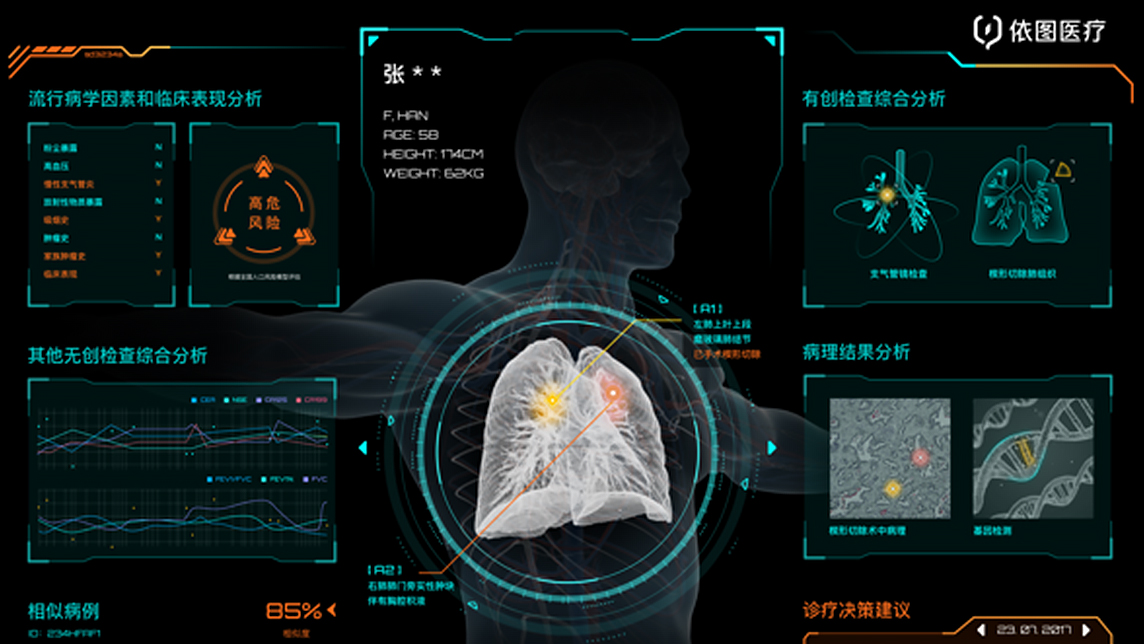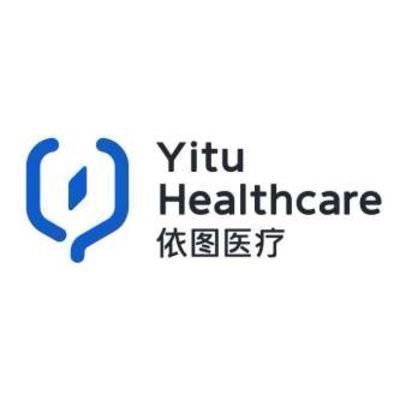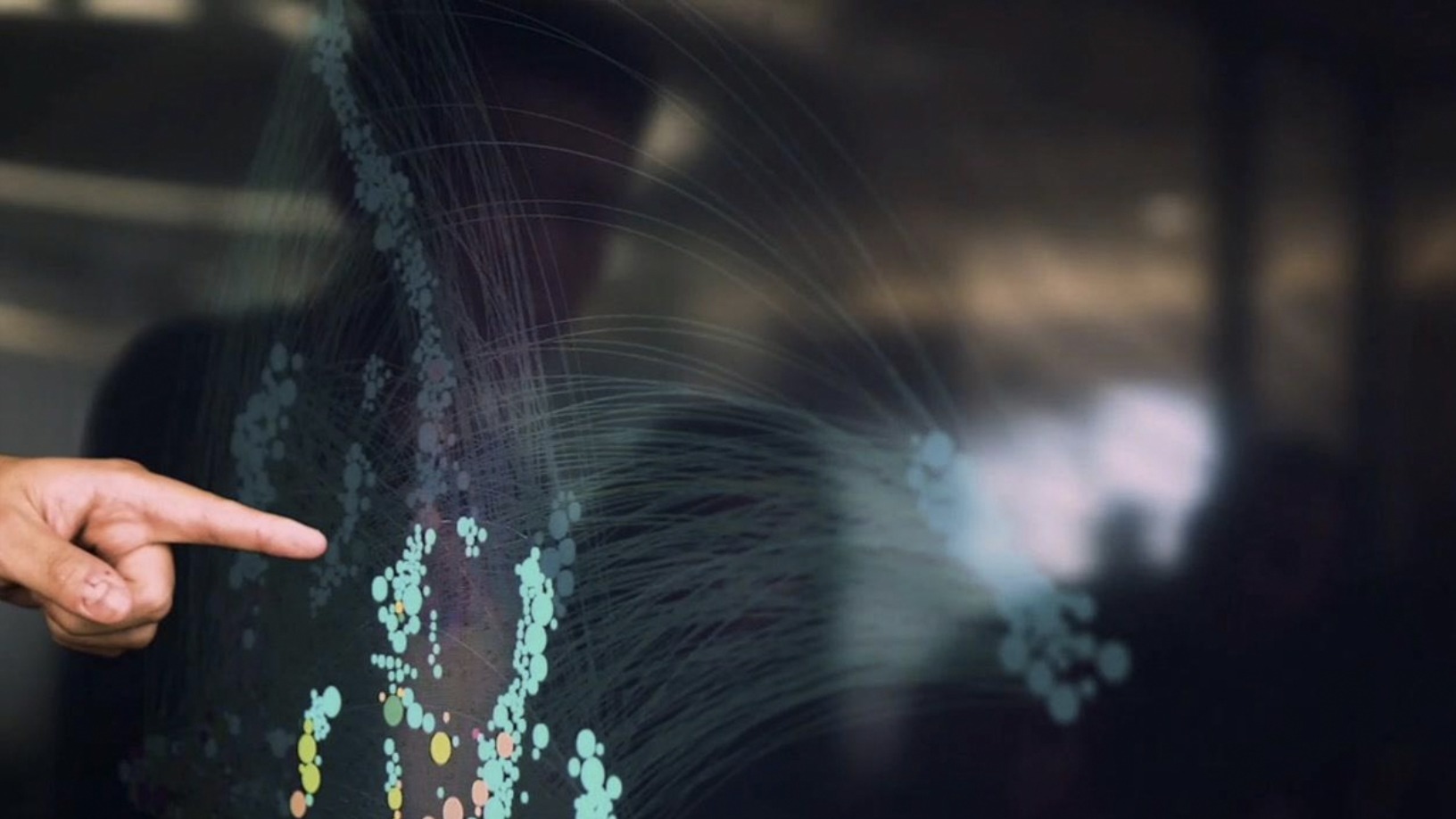The potential applications of AI to the healthcare sector have captured the imagination of startups all over the world.
China, in particular, is betting big on AI technology to fix two of the country’s major problems: a shortage of medical professionals and the medical resource imbalance between urban and rural areas.
In a country as populous as China, hospitals have to deal with an enormous amount of data every day, more than 80% of which are medical images. To date, the application of AI in the healthcare field has been largely focused on cloud storage and smart interpretation of medical images.
There is a high market demand for these services, which provide obvious benefits to hospitals and medical institutions. As of 2017, there were over 300 Chinese imaging-related healthcare businesses, around one-third of which are startups based on the “AI + medical imaging” model.
Few of these “AI + medical imaging” companies have been able to develop products that can be used to improve diagnosis in clinical scenarios. YITU has managed to carve out a niche for itself by creating AI programs that can process both images and text-based medical data.
Going beyond images
In 2016, YITU released "Smart Digital Lung," a medical imaging platform that helps doctors diagnose lung cancer. The platform can read hundreds of images in two seconds and generate a diagnostic report with descriptions of lesions. Its efficiency has made it a great complement to human doctors whose diagnoses can at times be compromised by long working hours or lack of experience.
“Mimu Bear,” launched by YITU in September 2016, is a diagnostic assistance platform for pediatric clinics. The platform combines machine learning and Natural Language Processing (NLP) to process written medical records.
The product provides pediatricians with preliminary diagnoses of more than 90% of common diseases in children. It can also improve its own diagnostic accuracy using algorithms that integrate information from medical literature and build new diagnostic models.
Practical clinical scenarios
Since its launch, YITU has concentrated its efforts on solving real-life problems at hospitals.
In fact, all of the diagnostic platforms the startup has developed were created through close collaboration with some of the nation’s best hospitals and then put directly into clinical practice.
For instance, “Smart Digital Lung” became the first of its kind in China to be incorporated into the clinical workflow for early cancer detection at Zhejiang Provincial People’s Hospital. Meanwhile, YITU’s chest CT scan assistance platform helped over 50,000 patients nationwide in just six months after its launch in March 2017.
As of June 2018, YITU had partnered with more than 100 hospitals with triple-A ratings (the highest grade of Chinese hospital) nationwide. The startup is also taking its products and services to less developed cities and rural areas, where hospitals are less digitized and doctors have less exposure to modern technology.
In the future, YITU plans to promote its technology outside of China, especially in other Asian countries where people are genetically more similar. So far, the company has signed cooperation agreements with hospitals and partners in China’s Taiwan, South Korea and Japan.
Smart hospitals
Rather than just selling products and services, YITU’s ultimate goal is to revolutionize Chinese clinical practices. YITU plans to build smart hospitals and partner with major players from the traditional healthcare sector to make smart healthcare a mature industry with stable market demand, reliable resource providers and sufficient talent supply.
YITU is committed to setting up standards applicable to Chinese patients and hospitals. In 2017, YITU and the Children’s Hospital of the Zhejiang University School of Medicine launched a new system that more accurately measures pediatric bone age in children. At present, the standards used by most Chinese hospitals are from the US and Europe and do not match entirely the developmental characteristics of children from China.
YITU is also working to standardize and make more useable China’s troves of medical data. However, most of the data from patients’ written medical records are not currently organized in a standardized fashion.
Using advanced deep learning and NLP technology, YITU has developed a smart search engine to help hospitals extract information from written medical records more efficiently and establish a comprehensive medical database.
“We don’t position ourselves as an AI startup; we are a healthcare company. What we are doing is not pure technology development but the deep immersion of AI technology with clinical practice,” said CEO Ni Hao.
For example, YITU is merging its AI platforms into a “Multidisciplinary Team (MDT)” that provides human doctors with valuable and comprehensive information on clinical scenarios, medical research and other subjects.
According to Ni, this immersion process may take a long time.
For the time being, YITU’s products and services are largely free of charge. But the company believes that, by continuing to push the boundaries of the industrialization of smart healthcare, it will be able to realize profits by selling products and services. Potential buyers include not only hospitals, but also physical examination centers, pharmaceutical firms and medical insurance companies.
Even though the company doesn’t currently have a profit model, having raised US$200 million in C+ funding in June, YITU still has plenty of money to put toward the pursuit of its ambitious goals.














